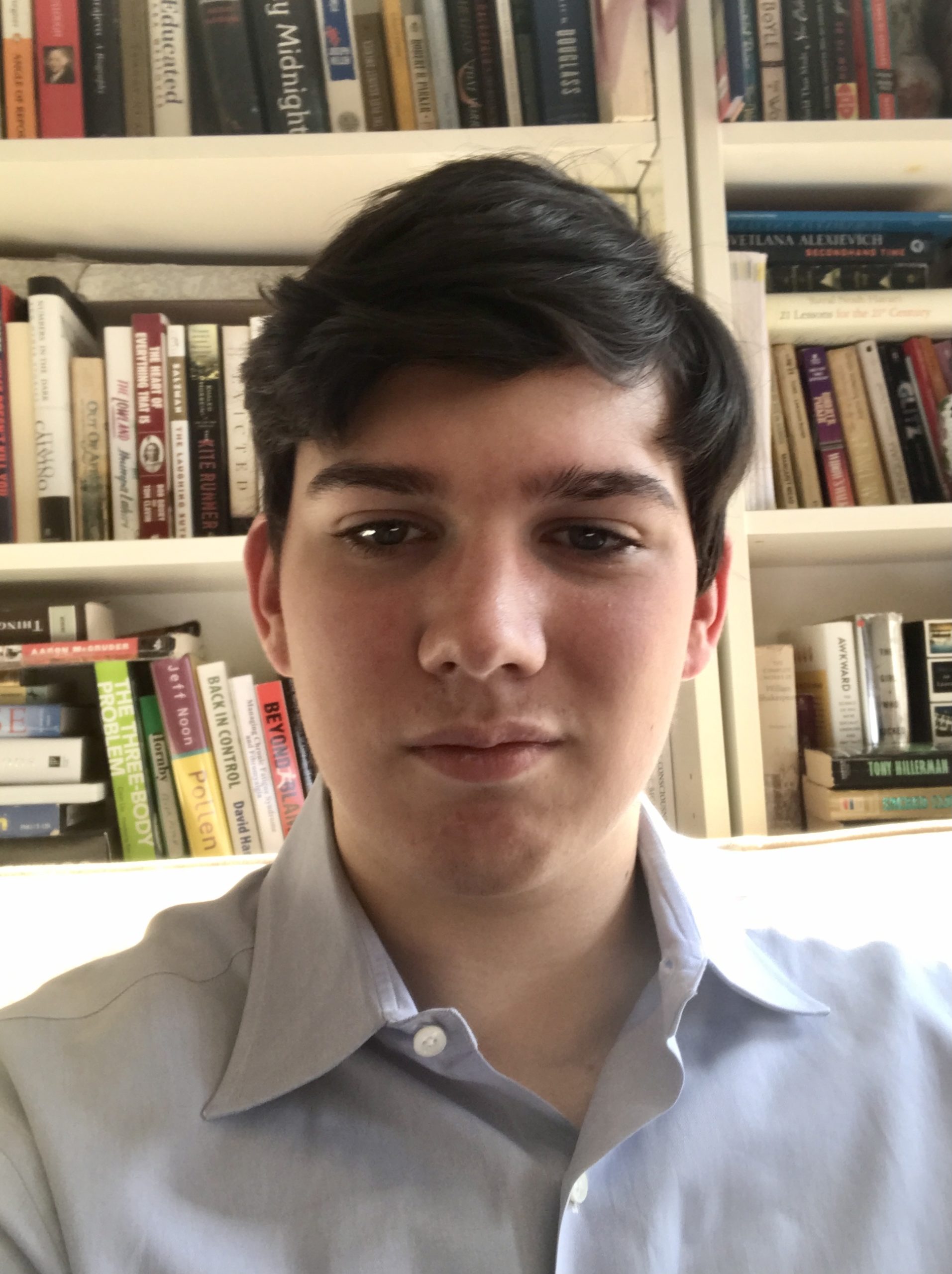Over the past few months, ISRI was fortunate to have high school seniors Sofia Ortiz and Sam Stone, from School Without Walls, located in Washington, DC, join the communications and advocacy departments for virtual internships.
Following the conclusion of their time with ISRI, Sofia and Sam shared details of their experiences, lessons learned about recycling, and hope for the future with Scrap News.
Sofia Ortiz
I’m Sofia Ortiz, a senior at School Without Walls HS located in downtown Washington D.C. I began an internship with ISRI September 2020. I have worked with Rachel Bookman, Natasha Grant, and Mark Carpenter on a variety of interesting assignments. From creating promotional graphics, to completing research, my time with ISRI has been fun. As I finish my internship with them, I have learned quite a bit about scrap recycling and the impacts that it has at the national and local level. If I had been asked about recycling 5 months ago, I wouldn’t know half the things I know today. Recycling is about much more than placing paper in a blue bin, it’s about preserving the environment and expanding our economy using sustainable methods.
The U.S. scrap recycling industry provides environmentally friendly raw materials that are critical for U.S. manufacturing operations, job creation, resource sustainability, energy savings, and global trade. Recycling is not only beneficial for the economy, it’s a vital step towards building a green future. Recycling slows the spread of landfills, reduces greenhouse gas emissions, and saves energy. By reducing the amount of new materials we extract from the earth, we can fight climate change and protect the planet.

One of my goals for this internship was to learn more about recycling and get a sense of the work that STEM professionals in sustainability do. I have definitely achieved this objective. Another goal was to familiarize myself with the work environment. Although virtually, this was challenging, I have definitely learned how to better manage my time, be productive, communicate with co-workers, and many other important aspects of the professional world.
Working with ISRI has inspired me to continue learning about recycling and sustainability. During my future college studies, I hope to study architecture and interior design and incorporate recycling and eco-friendly practices in my designs.
Sam Stone
I chose to apply for an internship with ISRI because I have always been interested in recycling since I was a little kid and how it relates to environmental issues. Working at ISRI seemed like a great way to learn about how the industry operated. I ended up working in the economics and policy part of the association with Joe Pickard and Bret Biggers. During my time I would read news related to the industry as well as economic reports and discuss them. My one major project was compiling a list of all the monetary and fiscal policy changes the U.S. government made in response to the Covid-19 pandemic which was quite interesting.
I would say I learned to communicate with people in a professional setting. I learned a great deal of terminology for economic reports and items related to the industry. I learned how to organize my work properly. I also learned how to make summaries of large amounts of information.
Before I worked at ISRI I never knew the extent to which the recycling industry was connected to manufacturing overall in the United States. I had only really thought about residential recycling before and I never knew about how much manufacturers recycled but that makes a lot of sense to me now. Before I worked at ISRI I also never knew that recycling commodities were traded internationally like other commodities. In addition, before I worked at ISRI I never knew how recycling was a true bipartisan issue. I would also like to say that everyone I have worked with at ISRI has been very nice and understanding.











